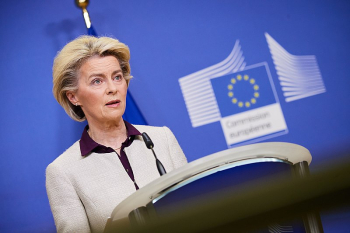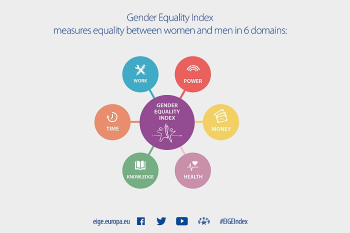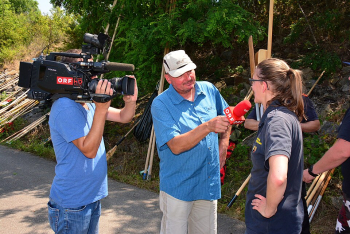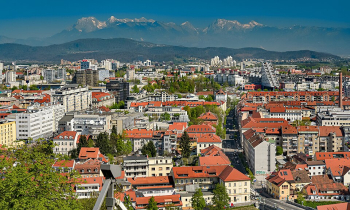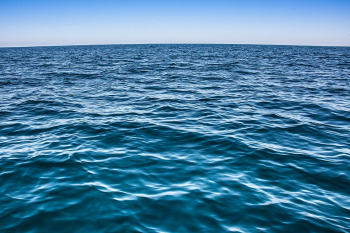
The European Union (EU) has a well-established process for countries seeking membership, known as accession. While the journey to EU membership can be long and arduous,
some candidate countries appear to be progressing faster than others. In this article, we will explore which EU candidate country is the most likely candidate to join the bloc quickly.
Albania: The Persistent Candidate
Albania has been a candidate for EU membership since 2014 and has made significant strides in its accession process. The country has undertaken substantial reforms in areas such as the judiciary, public administration, and the fight against corruption and organized crime. Albania's commitment to EU integration remains strong, and it has successfully opened many chapters of the acquis communautaire, the body of EU laws and regulations.
Despite its progress, Albania faces challenges related to the rule of law, political polarization, and the fight against corruption. These issues have delayed its accession process, making it less likely to join the EU in the immediate future.
North Macedonia: A Promising Contender
North Macedonia has been a candidate for EU membership since 2005, making it one of the longer-standing candidates. However, the country has made substantial progress in recent years, particularly with its historic agreement with Greece to resolve the longstanding name dispute, which led to its name change from Macedonia to North Macedonia.
This breakthrough paved the way for North Macedonia to receive the green light to start accession negotiations with the EU. The country's commitment to Euro-Atlantic integration and its efforts in implementing reforms have earned it positive recognition from EU institutions.
Despite its promising trajectory, North Macedonia still faces challenges in areas like the rule of law, corruption, and media freedom. However, its relatively swift progress indicates that it could become an EU member in the near future.
Serbia: Balancing Act in the Balkans
Serbia is another EU candidate country that has been in negotiations for membership since 2014. The country's journey toward EU accession has been marked by a delicate balancing act, as it maintains close ties with Russia while pursuing closer integration with the EU.
Serbia has made significant progress in areas such as trade and economic reforms. However, issues related to the normalization of relations with Kosovo and the judiciary's independence remain complex and unresolved.
While Serbia's accession process may take more time due to these challenges, its strategic location and importance in the Western Balkans make it a key candidate for EU membership.
Montenegro: A Small but Steady Candidate
Montenegro, the smallest candidate country in the Western Balkans, began its EU accession negotiations in 2012 and became an official candidate in 2010. The country has made considerable strides in aligning its legal framework with EU standards, particularly in areas like competition, state aid, and public procurement.
Montenegro's small size has enabled it to navigate the accession process with relative ease compared to larger countries. While it still faces issues like corruption and organized crime, Montenegro's determination and progress make it a contender to join the EU sooner rather than later.
Conclusion: The Pace of Progress
The pace of progress toward EU membership varies among candidate countries, and each faces its unique challenges. While all these countries aspire to become EU members, the timing of their accession will depend on their ability to address outstanding issues and meet the EU's criteria.
As of now, North Macedonia appears to be the most likely candidate to join the EU in the near future, given its recent breakthroughs and commitment to reforms. However, the path to EU membership is often unpredictable, and political developments can influence the process significantly. Only time will tell which EU candidate country will be the next to join the bloc. Photo by Влада на Република Северна Македонија, Wikimedia commons.


